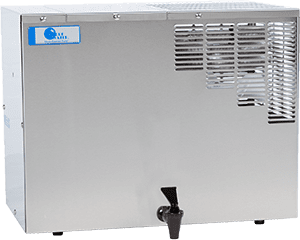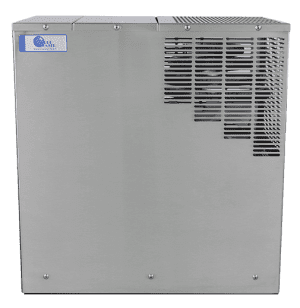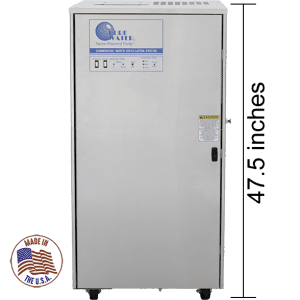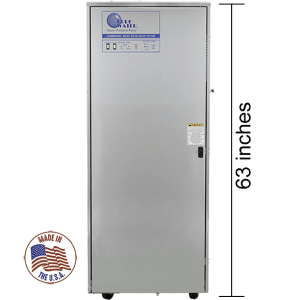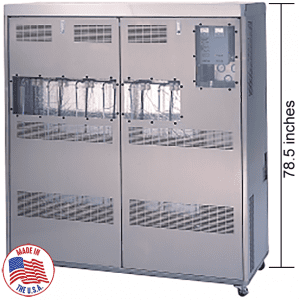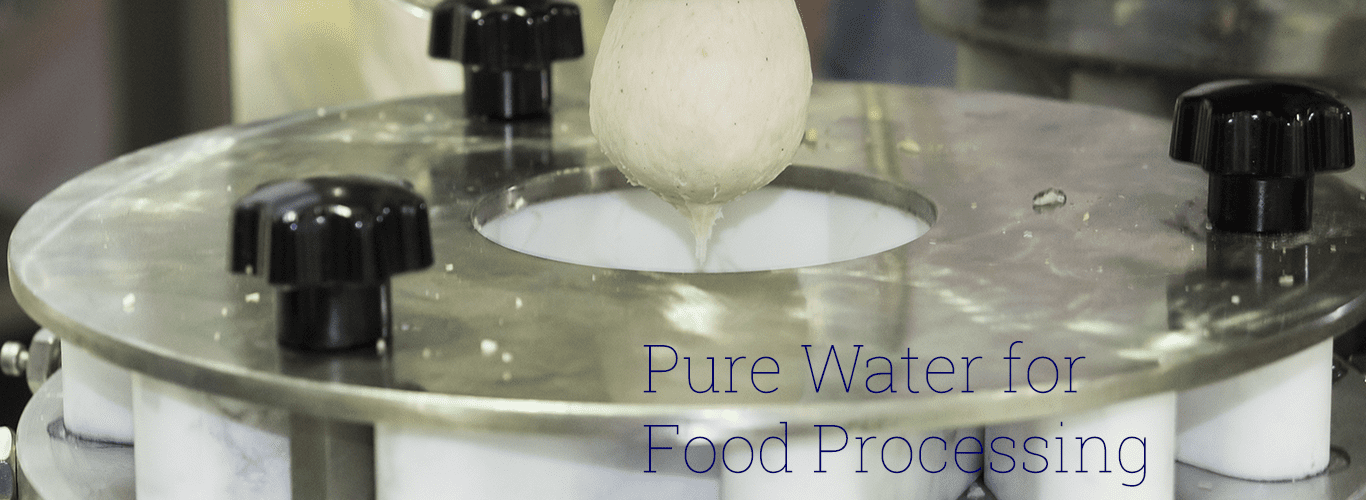
Using Distilled Water in Food Processing
Food processors utilize distilled water primarily due to its purity and consistency. Distilled water is free from contaminants such as minerals, chemicals, and microorganisms that can affect food products’ quality, taste, and safety. This purity is achieved through a distillation process, where water is boiled to produce steam and then condensed back into liquid form, leaving behind impurities.
The absence of dissolved minerals like calcium and magnesium, commonly found in tap water, ensures that distilled water does not alter the flavor of food products. Distilled water is crucial in producing beverages, sauces, and other items where taste consistency is paramount. Additionally, distilled water’s lack of impurities helps prevent scaling and buildup in machinery and equipment, reducing maintenance costs and downtime.
Using distilled water also enhances the shelf life of food products. Since it is free from bacteria and other microorganisms, it minimizes the risk of contamination, leading to safer and more stable products. Distilled water is essential for canned goods, dairy products, and bottled beverages that require a long shelf life. Distilled water in food processing ensures product consistency, safety, and equipment longevity.
What Types of Food are Made with Distilled Water
A variety of food products rely on distilled water during their manufacturing processes. Beverages, including soft drinks, juices, and alcoholic drinks, are among the most prominent examples. The purity of distilled water ensures that the flavor profiles of these beverages remain unaltered and consistent across different batches.
Distilled water also benefits dairy products like milk and cheese. In the case of milk, distilled water can be used to reconstitute powdered milk to ensure a clean and pure taste. For cheese production, the purity of distilled water helps prevent unwanted bacterial growth, providing a higher-quality end product.
Canned foods, including vegetables, fruits, and soups, often use distilled water to maintain their integrity and taste. The absence of minerals and contaminants prevents the interaction with the food’s natural flavors, preserving its original taste and texture.
Distilled water can be essential in baking, especially for producing bread, pastries, and cakes. The consistent quality of distilled water ensures that the yeast and other ingredients perform optimally, resulting in better texture and taste. Additionally, distilled water is used in the preparation of sauces, dressings, and condiments, where the purity of the water is critical to achieving the desired consistency and flavor.
How Many Gallons of Water Do Food Processors Use Daily
The amount of water used by food processors can vary significantly depending on the scale of operations and the type of food being produced. Large food processing plants can use millions of gallons of water daily. For instance, a single dairy processing plant can consume up to 1 million gallons of water daily. This water is used for various purposes, including washing and cleaning equipment, cooling processes, and as an ingredient in the products.
Soft drink manufacturers also use substantial amounts of water, with large plants consuming up to 500,000 gallons daily. This water is used not only to produce the beverages but also to clean and sanitize the production lines to ensure safety and hygiene.
Water usage is also extensive in the meat processing industry. A large meat processing plant is estimated to use approximately 2 million gallons of water daily. This water is essential for cleaning the facilities, processing the meat, and ensuring that the final products are safe for consumption.
Overall, the food processing industry is one of the largest water consumers, highlighting the importance of water management and conservation practices within these facilities to ensure sustainability.
How is Distilled Water Different from RO Water
Distilled water and reverse osmosis (RO) water are both purified forms of water, but they are produced using different methods and have distinct characteristics. Distilled water is produced through distillation, which involves boiling the water to produce steam, which is then condensed into liquid form. Distillation removes the most contaminants, including minerals, chemicals, and microorganisms.
Conversely, reverse osmosis involves forcing water through a semi-permeable membrane that filters out impurities. RO systems effectively remove dissolved salts, bacteria, and some other contaminants. However, they do not effectively remove volatile organic compounds (VOCs) as distillation.
One of the main differences between distilled water and RO water is the purity level. While both methods produce high-quality water, distilled water is generally considered to be purer because the distillation process removes a broader range of contaminants. Additionally, distilled water has no dissolved solids, whereas RO water may still contain trace amounts of certain contaminants that were not filtered out by the membrane.
Distilled water is often preferred in applications where higher purity is required, such as in laboratory settings or specific food processing applications. RO water, being slightly less pure but still of high quality, is commonly used in residential or other commercial settings.
Distilled water is perfect for food processing due to the purity distillation attains. Contact us for a quote to upgrade your water supply or for a new project. We can also provide installation assistance.

Contact Us for a Quote
Bill Lawyer
Email: bill@pureandsecure.com
Phone: 402-467-9300
Recommended Industrial Distillers for Food Processing
-
Midi Classic Automatic Water Distiller – Up to 7 Gallons Daily
$2,995.00-
Add to cart -
Mega Classic Automatic Water Distiller – Up to 12 Gallons Daily
$4,195.00-
Add to cart -
C-50 Commercial Water Distiller – 50 Gallons Daily
-
Read more -
C-60 Commercial Water Distiller W/75 Gallon Storage – 60 Gallons Daily
-
Read more -
C-630 Commercial Water Distiller – 630 Gallons Daily
-
Read more
